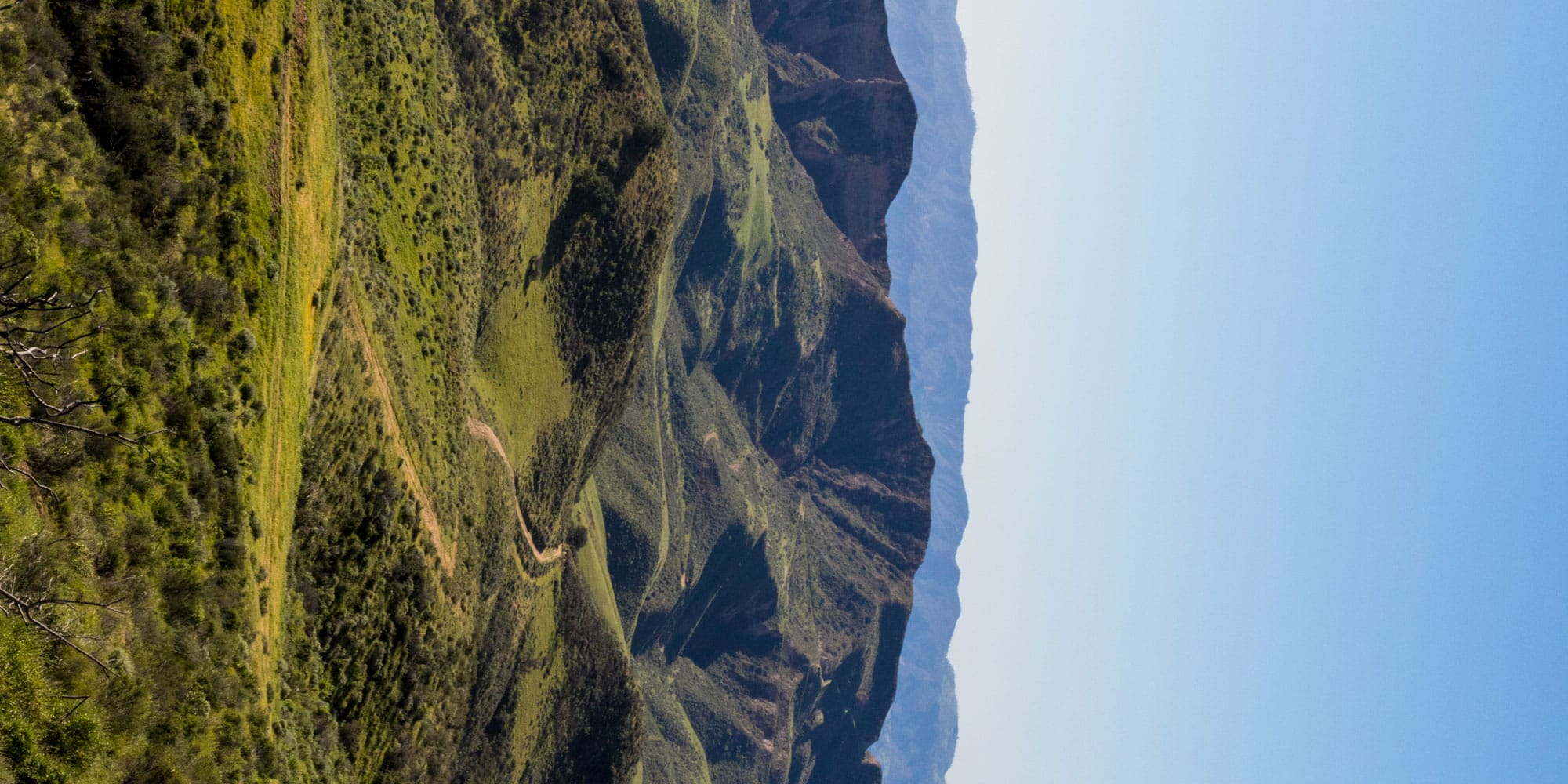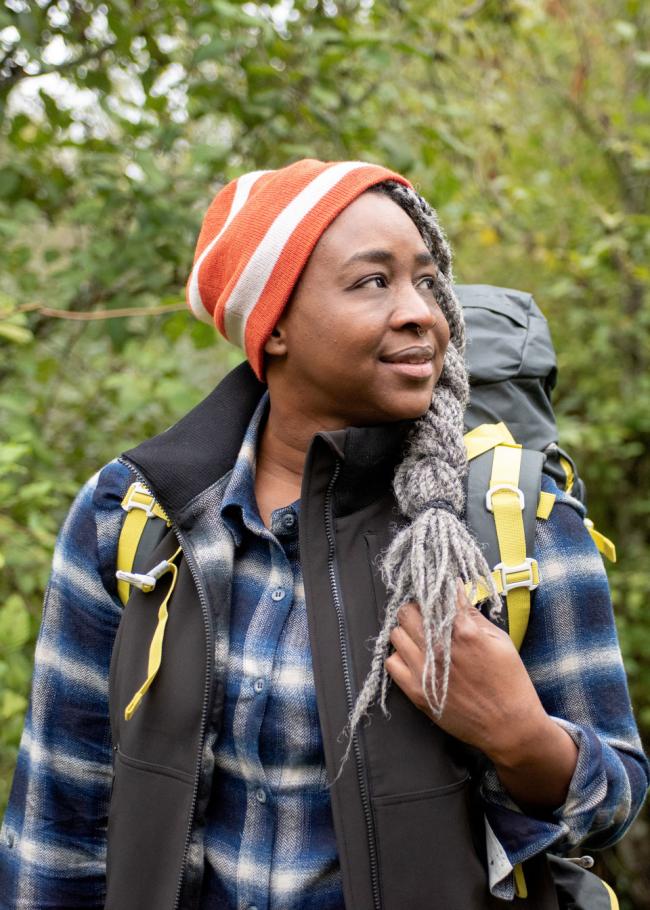I asked M’fon how the outdoor industry and public lands agencies can show up better for BIPOC and LGBTQ+ communities. She says that funding and access have tended to accrue to established, longstanding conservation organizations, shorting community-based groups like Wild Diversity. “We still can’t get permitting in these spaces because the system parks and wilderness areas use puts orgs like mine at the mercy of nondiverse organizations supporting diverse organizations,” she says. “And then they go on to talk about how they can’t get Brown people into the backcountry. I think they just need to get a little bit creative.”
M’fon acknowledges the weight of inertia she’s been working against for years: “The way-things-have-always-been-done mentality is really heavy in the outdoor industry and not much has evolved in a long time,” she says. But she’s not giving up on her vision for a future where the outdoors can nourish and sustain BIPOC and LGBTQ+ communities. In that future, “We have access to safe spaces, summer camps for our communities, permits, the things other groups have had, historically, as part of their introduction to the outdoors,” she says. “Outside, I see no dominant outdoor culture, no specific thing taking up all of the space. I see infinite outdoor activities and styles of being outdoors that feed the mind, body, and soul.”
Support Mercy’s work at wilddiversity.com and follow @wilddiversity on Instagram.
Read more conversations in this series HERE.


